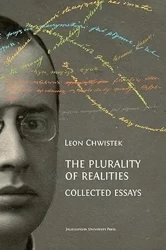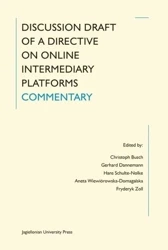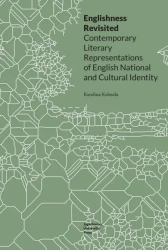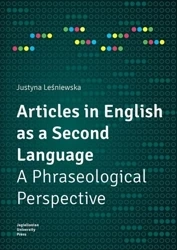Angielskie książki edukacyjne
( ilość produktów: 218 )Książki obcojęzyczne - Edukacja : Angielski

Culturally and Linguistically Responsive Teaching and Learning (Second Edition) - Hollie Sharroky
- Autorzy:
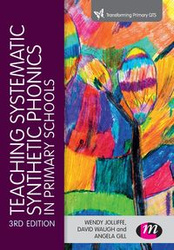
Teaching Systematic Synthetic Phonics in Primary Schools - Wendy Jolliffe
- Autorzy:

A Study Guide for John Steinbeck's The Grapes of Wrath - Gale Cengage Learning
- Autorzy:
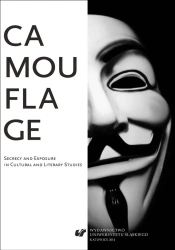
Camouflage. Secrecy and Exposure in Cultural and.. - red. Wojciech Kalaga, Marcin Mazurek, Marcin Sarn
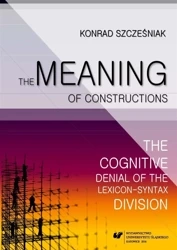
The Meaning of Constructions - Konrad Szcześniak
- Autorzy:
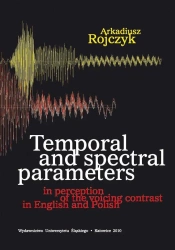
Temporal and spectral parameters in perception... - Arkadiusz Rojczyk
- Autorzy:
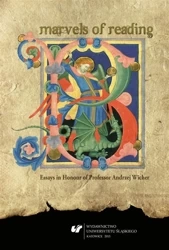
Marvels of Reading. Essays in Honour of... - red. Rafał Borysławski, Anna Czarnowus, Łukasz Ne
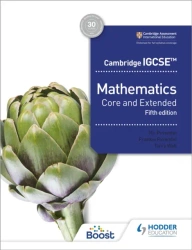
Cambridge IGCSE Core and Extended Mathematics. Fifth edition - Ric Pimentel, Frankie Pimentel, Terry Wall
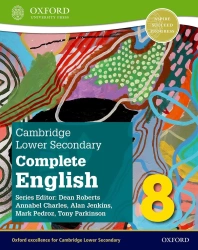
Cambridge Lower Secondary Complete English 8. Student Book. Second Edition - Mark Pedroz, Tony Parkinson, Alan Jenkins, Annabel Charles

Anthropocene. Towards regenerative architecture - red. Kacper Kępiński, Adrian Krężlik
- Autorzy:
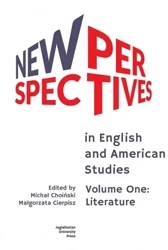
New Perspectives in English and American Studies - red. Michał Choiński, Małgorzata Cierpisz
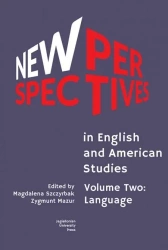
New Perspectives in English and American Studies - red. Magdalena Szczyrbak, Zygmunt Mazur
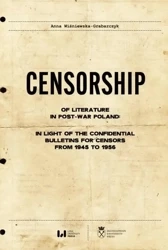
Censorship of Literature in Post-War Poland - Anna Wiśniewska-Grabarczyk
- Autorzy:

Places and Spaces of Crime in Popular Imagination - red. Sarka Bubikova, Olga Roebuck
- Autorzy:
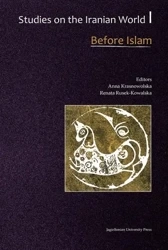
Studies on the Iranian World. Medieval and Modern - red. Anna Krasnowolska, Renata Rusek-Kowalska

Geoparks - Opracowanie zbiorowe
- Autorzy:
Książki o edukacji w języku angielskim
W kategorii "Książki o edukacji w języku angielskim" dostępne są podręczniki edukacyjne po angielsku, które mogą być przydatne zarówno dla nauczycieli, jak i uczniów. Dzięki nim można poszerzyć swoją wiedzę na temat różnych metod nauczania i zdobyć nowe umiejętności.
Podręczniki do edukacji po angielsku to niezbędne narzędzie dla osób, które uczą się języka angielskiego i jednocześnie chcą pogłębiać swoją wiedzę na temat edukacji i pedagogiki. Takie książki pozwalają na rozwijanie się nie tylko w zakresie językowym, ale również w kwestiach związanych z dydaktyką, psychologią czy zarządzaniem w edukacji.
Książki edukacyjne po angielsku to ciekawy sposób na naukę języka angielskiego dla osób zainteresowanych tematami związanymi z edukacją. Mogą to być zarówno podręczniki do nauki języka, jak i książki popularnonaukowe, które w przystępny sposób przybliżają zagadnienia związane z systemem edukacyjnym, pedagogiką, psychologią czy innowacjami w dziedzinie nauczania.
Kategoria "Książki o edukacji w języku angielskim" w księgarni Matfel.pl zawiera bogaty wybór literatury angielskiej na temat edukacji. W przypadku nauczycieli są to podręczniki, które pomogą im w efektywnym prowadzeniu lekcji oraz rozwijaniu swoich umiejętności zawodowych. Dla uczniów natomiast są to podręczniki, które pomogą w zdobywaniu nowej wiedzy, rozwijaniu umiejętności w różnych dziedzinach oraz wspierają proces nauki języka angielskiego.
Podręczniki edukacyjne po angielsku
W kategorii "Książki o edukacji w języku angielskim" znajdziesz również podręczniki edukacyjne po angielsku. Są to kompendia wiedzy na temat różnych dziedzin edukacji, takich jak pedagogika, psychologia czy zarządzanie w oświacie. Takie podręczniki są przydatne zarówno dla nauczycieli, którzy chcą poszerzyć swoje umiejętności, jak i dla uczniów, którzy chcą zgłębić wiedzę na temat swojego zainteresowania.
Podręczniki do edukacji po angielsku w księgarni Matfel.pl to również oferta dla osób dorosłych, które chcą pogłębiać swoją wiedzę i umiejętności w dziedzinie edukacji. Znajdziesz tutaj książki, które pomogą Ci rozwijać się w zawodzie pedagoga, doskonalić swoje umiejętności dydaktyczne oraz poszerzać swoją wiedzę na temat różnych aspektów edukacji.
Książki o edukacji po angielsku dla nauczycieli
Pozycje z kategorii "Książki o edukacji w języku angielskim" skierowane są także do nauczycieli. Dostępne tu podręczniki stanowią przydatne narzędzia w prowadzeniu lekcji i rozwijaniu umiejętności pedagogicznych. Znajdziesz tu wiele cennych informacji na temat różnych metod nauczania, technologii stosowanych w edukacji, zarządzania klasą oraz wielu innych zagadnień.
Książki o edukacji po angielsku dla nauczycieli to nie tylko podręczniki dydaktyczne, ale również książki, które pomogą w rozwoju osobistym i profesjonalnym. Dzięki nim nauczyciele mogą poszerzyć swoje kompetencje, poznać nowe metody pracy, znaleźć inspirację do kreatywnego prowadzenia zajęć oraz zdobyć wiedzę na temat najnowszych trendów w edukacji.
Książki o edukacji po angielsku dla uczniów
Kategoria "Książki o edukacji w języku angielskim" oferuje również pomocne pozycje dla uczniów. Znajdziesz tutaj podręczniki, które pomogą w zdobywaniu wiedzy w różnych dziedzinach, takich jak matematyka, fizyka, chemia czy biologia. Dostępne tu książki to również materiały, które pomogą w przygotowaniu się do egzaminów, matury czy konkursów przedmiotowych.
Dodatkowo, w kategorii "Książki o edukacji w języku angielskim" znajdziesz również książki popularnonaukowe, które przybliżą Ci różne aspekty edukacji. Będziesz mógł zgłębić tajniki różnych metod nauczania, zdobyć wiedzę na temat psychologii edukacji czy poznać historię edukacji.
Podsumowując, kategoria "Książki o edukacji w języku angielskim" w księgarni Matfel.pl to bogata oferta podręczników edukacyjnych i książek przydatnych zarówno dla nauczycieli, jak i uczniów. Dzięki nim można poszerzyć wiedzę w różnych dziedzinach edukacji, rozwijać umiejętności dydaktyczne oraz pogłębiać znajomość języka angielskiego.






